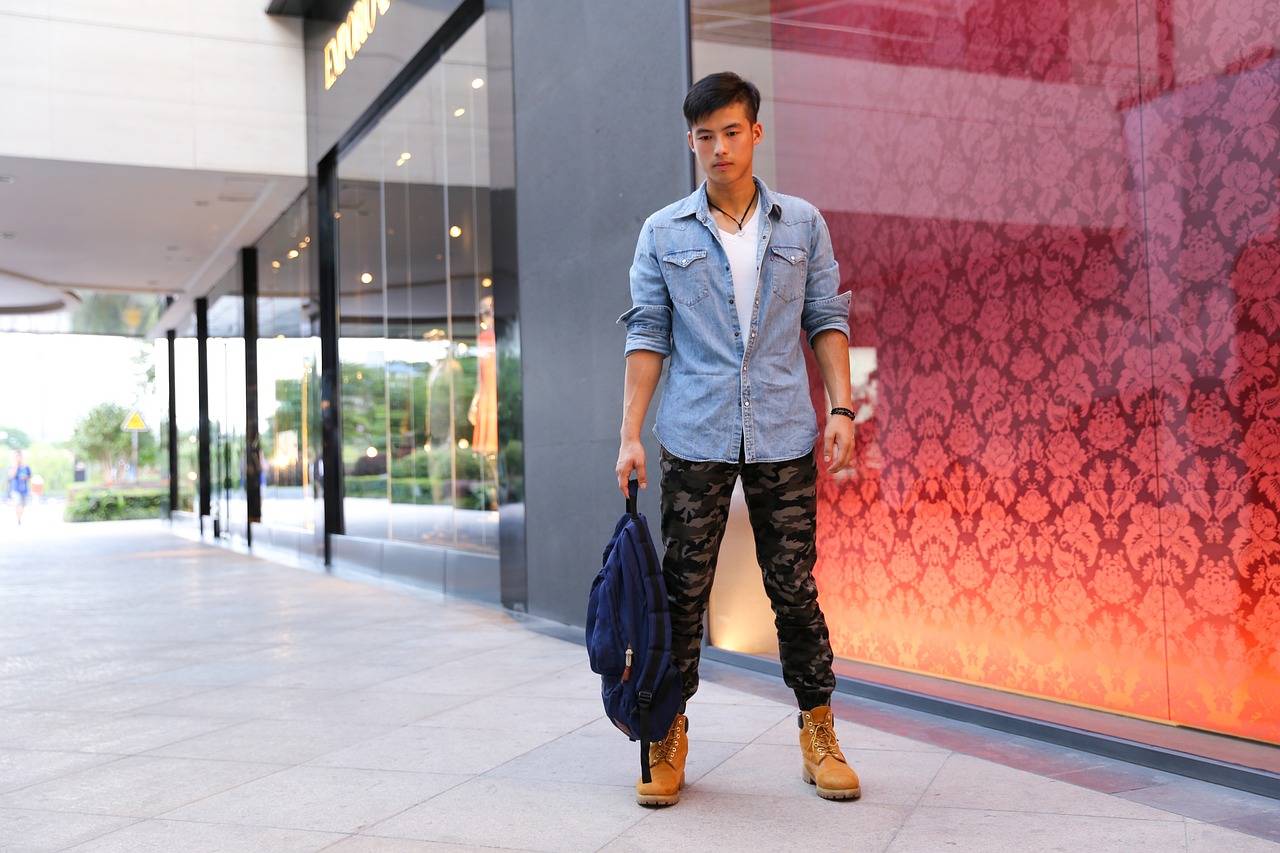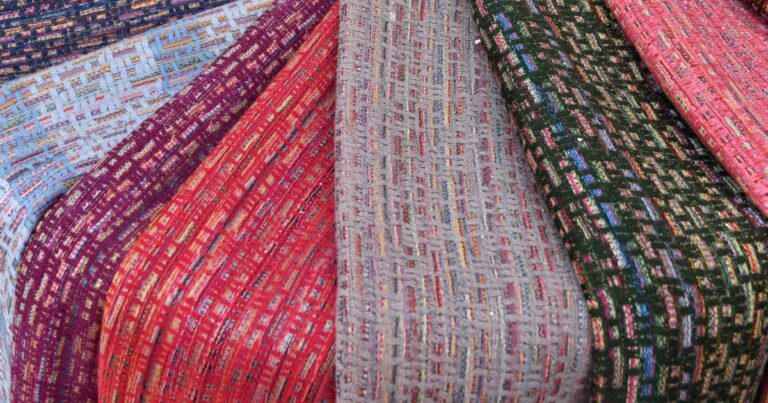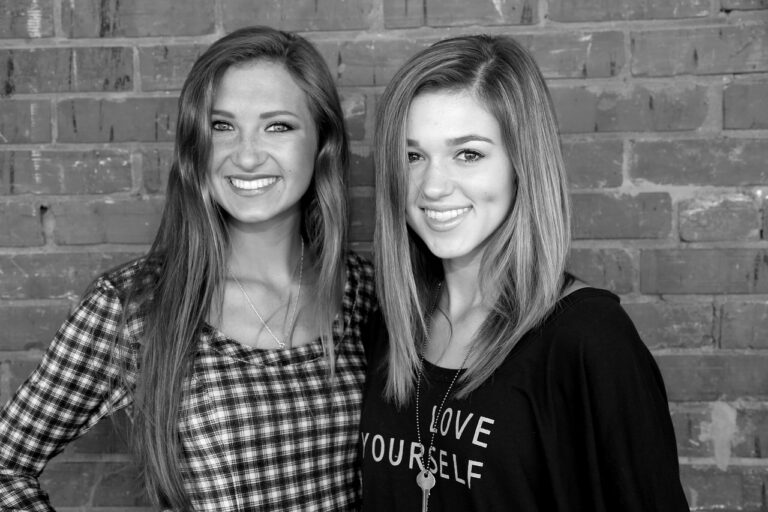Fashion and Technology: The Role of AI in Fashion Design and Manufacturing
Artificial intelligence has become a potent force in reshaping the landscape of fashion design. With its ability to analyze vast amounts of data and trends, AI has enabled designers to forecast consumer preferences more accurately than ever before. This tech-driven approach allows for the creation of collections that resonate with target audiences on a deeper level, ultimately leading to increased sales and brand loyalty.
Moreover, AI has streamlined the design process by automating repetitive tasks and offering innovative solutions that save time and resources. By leveraging machine learning algorithms, designers can generate unique design concepts, optimize production processes, and enhance garment sizing accuracy. The infusion of AI into fashion design not only fosters creativity but also paves the way for more sustainable practices within the industry.
The Evolution of AI in the Fashion Industry
Artificial Intelligence (AI) has rapidly transformed the landscape of the fashion industry, reshaping the way designers create and deliver products to consumers. One significant aspect of AI in fashion is its ability to analyze vast amounts of data to identify trends, predict consumer preferences, and optimize supply chain management. This data-driven approach enables designers to make informed decisions and tailor their creations to meet the ever-changing demands of the market.
Moreover, AI has played a crucial role in enhancing the personalization of fashion products and services. By leveraging machine learning algorithms, fashion brands can offer customized recommendations to customers based on their individual preferences, browsing history, and purchase behavior. This level of personalization not only improves the shopping experience for consumers but also helps businesses increase customer loyalty and drive sales.
How AI is Revolutionizing the Design Process
Artificial intelligence (AI) has become a game-changer in the realm of fashion design. With its ability to analyze enormous amounts of data quickly and efficiently, AI is streamlining the design process like never before. This technology has the power to predict trends, forecast consumer demands, and even generate design ideas based on patterns identified in the data.
Moreover, AI is enhancing the efficiency of design teams by automating repetitive tasks, allowing designers to focus more on creativity and innovation. By incorporating AI into the design process, fashion houses can speed up their production timelines and deliver more customized and trend-responsive collections to consumers. The integration of AI not only addresses the challenges faced by the fashion industry but also opens up new avenues for groundbreaking design possibilities.
How is AI influencing fashion design?
AI is influencing fashion design by providing designers with tools to analyze data, predict trends, and streamline the design process.
What are some examples of AI in the fashion industry?
Examples of AI in the fashion industry include virtual fitting rooms, personalized recommendations, and trend forecasting algorithms.
How is AI evolving in the fashion industry?
AI is evolving in the fashion industry by becoming more sophisticated in its ability to analyze big data, predict consumer behavior, and create innovative designs.
How is AI revolutionizing the design process?
AI is revolutionizing the design process by enabling designers to work more efficiently, experiment with new ideas, and create personalized experiences for customers.






